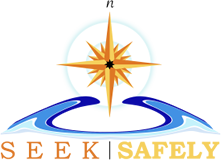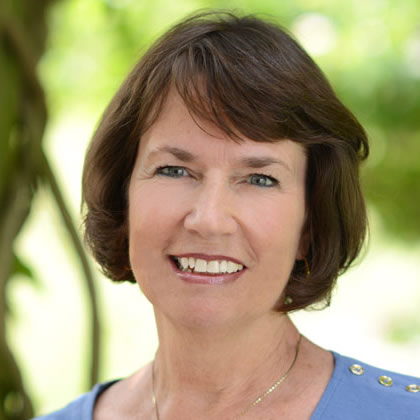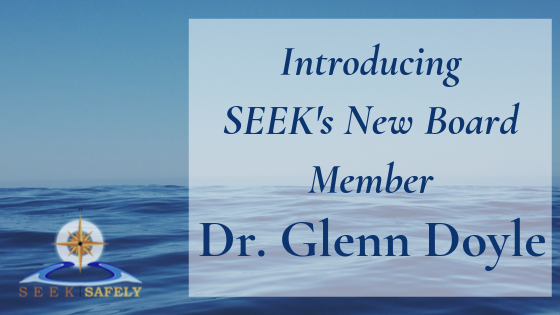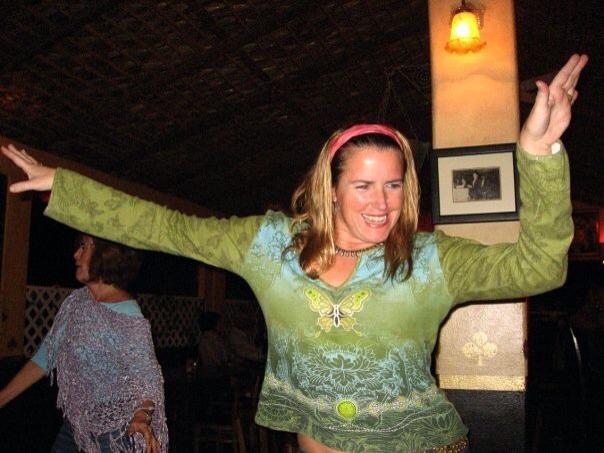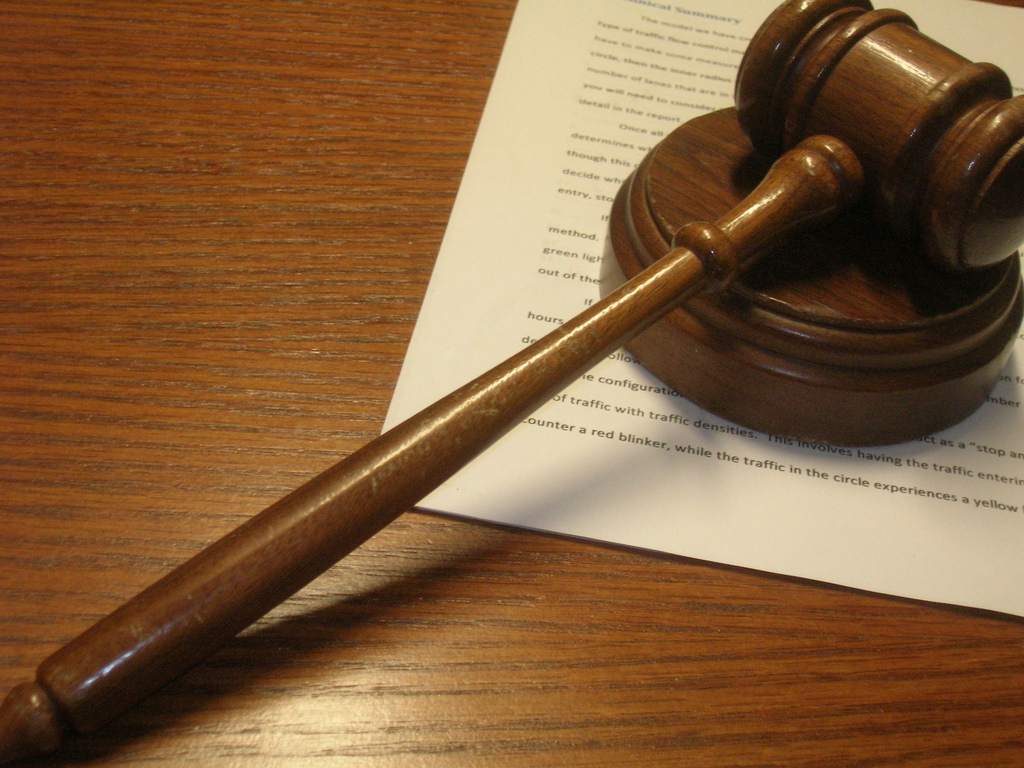
What dictates thinking, beliefs and decision making? Is it the circumstances of the moment and ones immediate emotional reaction? Is it past experience and the need to be self-protective? Is it rational considerations based on both fact and experience? Is it thought or emotions or a combination of both? Conscience: The Ultimate Judge
“There are two ways to be fooled. One is to believe what isn’t true; the other is to refuse to believe what is true.” ― Søren Kierkegaard

photo from Brian Turner on Flickr.
“A great deal of intelligence can be invested in ignorance when the need for illusion is deep.” ― Saul Bellow, To Jerusalem and Back
Thoughts and decisions may be subjected to deceit or misconception if the emotional need to believe in an idea or a person is overwhelming. Sometimes we allow for a “willful suspension of disbelief” because, despite factual evidence, new information would contradict a very strongly held belief or the desire to believe in another. Sometimes, we allow our emotional needs to supersede our rational conscience. We want something to be true so badly that we ignore the signs pointing the other way. Or maybe we feel the pressure of a group to go along with something despite the warnings of our own conscience. This self-deception can happen in families, churches, and at self-help seminars. When faced with dilemmas of judgement, ask yourself: Are the beliefs I hold and the judgments I make based on emotion or on a basis of personal standards and embraced values? Can I allow challenges to my own thinking or allegiances? Can I embrace introspection and careful consideration to protect against misinterpretation? Am I fooling myself or allowing myself to be fooled?
